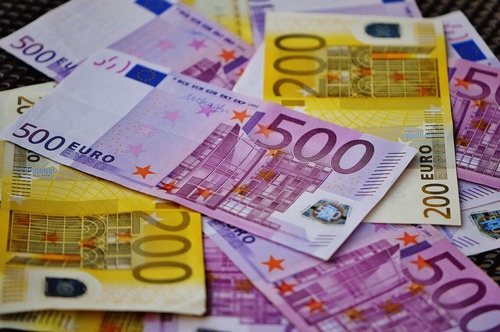Mauvaise nouvelle pour les épargnants. L’assurance-vie poursuit son plongeon historique et ses rendements vont diminuer cette année pour s’établir entre 1 et 1,10 %. Le cabinet Facts & Figures s’attend à une stabilisation des rendements sur un plancher d’ici 2 à 3 ans.
Entre 1 et 1,10 % net de frais de gestion
Cette année, selon les prévisions de Facts & Figures, le taux moyen devrait se situer entre 1 et 1,10 % net de frais de gestion, contre 1,33 % en 2019. L’année dernière, plusieurs compagnies d’assurance dont Swiss Life et Generali avaient créé la surprise en annonçant un rendement de seulement 1 % sur leurs fonds en euros. Aujourd’hui, les taux d’intérêt sont négatifs pour la dette publique française ce qui n’est pas favorable à une remontée des rendements.
Une stabilisation des rendements attendue d’ici 2 à 3 ans
Le cabinet Facts & Figures précise que la baisse des rendements devrait perdurer dans les années à venir, mais dans une certaine limite. « Nous allons vers un atterrissage du taux servi sur un plancher de 0,5 % à 0,7 % d’ici deux à trois ans », estime Cyrille Chartier-Kastler, fondateur du cabinet, dans le journal Les Echos. Selon l’expert, le dispositif permettant aux assureurs de bénéficier de règles de calcul moins strictes pour déterminer leur ratio de solvabilité pourrait amortir cette tendance.
Pour rappel, le 24 décembre 2019, Bercy a signé un arrêté autorisant les sociétés d’assurance à prendre en compte la provision pour participation aux excédents (PPE) dans le calcul de leur ratio de solvabilité en cas de pertes techniques sur le dernier exercice comptable et de défaut de couverture du capital de solvabilité requis. Cette mesure vise à redonner de l’air à ces acteurs.
Préserver les fonds en euros
Face aux taux d’intérêt négatifs, les assureurs tentent de préserver les fonds en euros en incitant leurs clients à investir une part minimum de leur épargne en unités de compte. Ces supports d’investissement présentent un potentiel de rendement à moyen terme plus élevé que celui des fonds en euros, mais le capital n’est pas garanti.
Par ailleurs, la plupart des assureurs basculent leurs contrats d’une garantie du capital « net de frais » en garantie « brut de frais ». Autrement dit, le capital n’est plus intégralement garanti dès lors que les frais de gestion sont supérieurs au rendement brut du fonds en euros. Certains vont encore plus loin en ne garantissant que 96 % du capital.
